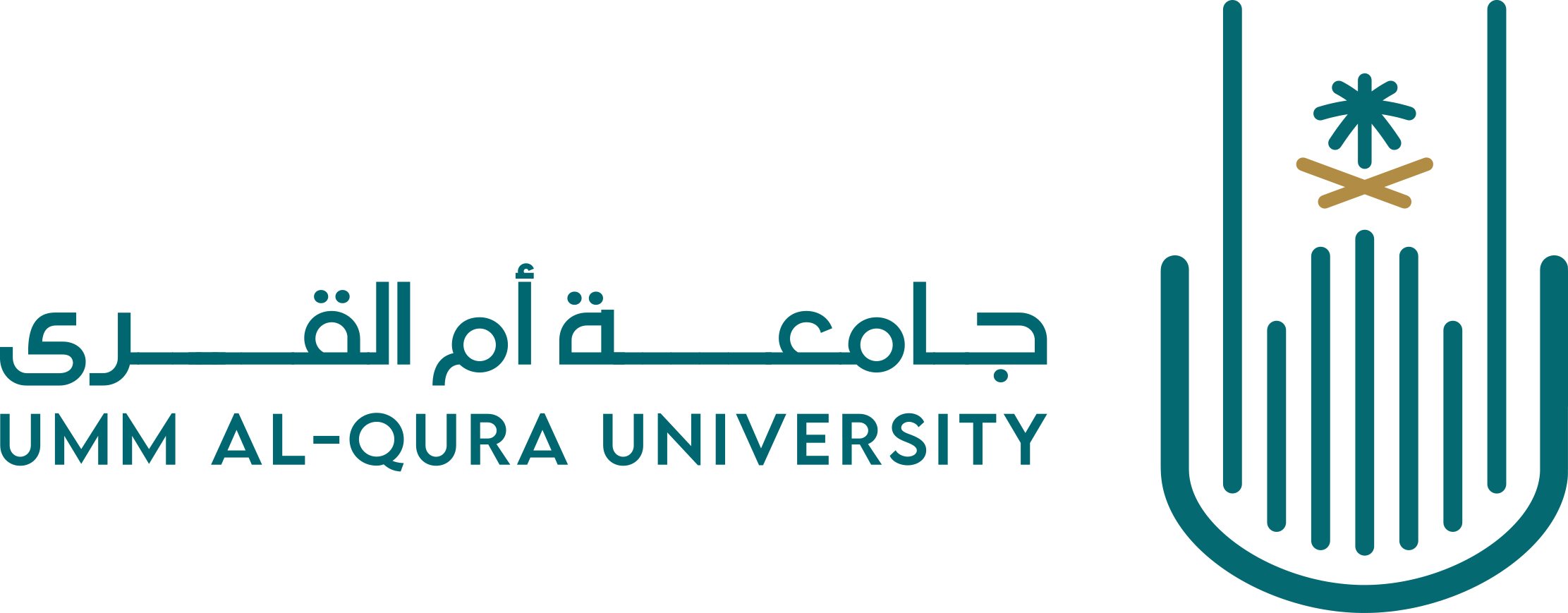- Communities& Collections
- Browse Items by:
- Issue Date
- Author
- Title
- Subject
الإصابة بالطفيليات المعوية بين العاملين في مجال الغذاء بمكة المكرمة خلال الموسم 1428
In the Holy City Makkah, during Hajj "season 1428 Hegira (2007)", 504 food handlers from twenty one countries were investigated for the infection of intestinal parasites. Stool samples were examined by direct smear techniques, Ritchie concentration technique and trichrome permanent staining technique. Intestinal parasites were detected in 31.94% of food handlers. Fifteen different intestinal parasites were identified; Trichuris trichiura (10.70%), Blastocystis hominis (9.33%), Hook worms (7.54%), Endolimax nana (6.15%), Entamoeba coli (4.37%), Entamoeba histolytica (2.78%), Giardia lamblia (1.98%), Entamoeba hartmanni (1.79%), Schistosoma mansoni (1.59%), Strongyloides stercoralis (1.00%), Iodamoeba butschlii (0.8%), Ascaris lumbricoides (0.8%), Hymenolepis nana (0.6%), Diantamoeba fragilis (0.2%) and Enterobius vermicularis (0.2%). In conclusion, the high prevalence of intestinal parasitic infections suggests stool analysis for intestinal parasites should be periodically carried out in addition to the sanitation education and health special care for food handlers working in Makkah. This study is the first during any Hajj season to investigate distribution of intestinal parasites among food handlers in the Holy City Makkah.
| Title: | الإصابة بالطفيليات المعوية بين العاملين في مجال الغذاء بمكة المكرمة خلال الموسم 1428 |
| Other Titles: | Intestinal Parasitic infection among Food Handlers in Holy City Makkah during Hajj Season 1428 Hegira - 2007 |
| Authors: | واكد, ماجد بن حمدي أزهر, عصام إبراهيم ظفر, ﻁﺎﺭﻕ ﻋﺒﺩ ﷲ |
| Subjects :: | التلوث بالطفيليات مكة المكرمة سنة 1428هـ |
| Issue Date :: | 23-January-2010 |
| Publisher :: | معهد خادم الحرمين الشريفين لأبحاث الحج والعمرة - جامعة أم القرى |
| Series/Report no.: | أبحاث الملتقى العلمي 10;4 |
| Abstract: | In the Holy City Makkah, during Hajj "season 1428 Hegira (2007)", 504 food handlers from twenty one countries were investigated for the infection of intestinal parasites. Stool samples were examined by direct smear techniques, Ritchie concentration technique and trichrome permanent staining technique. Intestinal parasites were detected in 31.94% of food handlers. Fifteen different intestinal parasites were identified; Trichuris trichiura (10.70%), Blastocystis hominis (9.33%), Hook worms (7.54%), Endolimax nana (6.15%), Entamoeba coli (4.37%), Entamoeba histolytica (2.78%), Giardia lamblia (1.98%), Entamoeba hartmanni (1.79%), Schistosoma mansoni (1.59%), Strongyloides stercoralis (1.00%), Iodamoeba butschlii (0.8%), Ascaris lumbricoides (0.8%), Hymenolepis nana (0.6%), Diantamoeba fragilis (0.2%) and Enterobius vermicularis (0.2%). In conclusion, the high prevalence of intestinal parasitic infections suggests stool analysis for intestinal parasites should be periodically carried out in addition to the sanitation education and health special care for food handlers working in Makkah. This study is the first during any Hajj season to investigate distribution of intestinal parasites among food handlers in the Holy City Makkah. |
| Description :: | توصيات البحث: 1- حيث أن معظم العاملين في مجال الغذاء من فئة الشباب من غير السعوديين وأعداد الوافدين في السنوات الأخيرة للعمل في مجال الغذاء في إزدياد فإننا نوصي الشاب السعودي الذي يشكوا من عدم توفر وظائف بأن هذا هو مجال مفتوح لك للعمل والكسب الشريف فخلال هذا البحث لم نقابل سوى ثلاثة سعوديين (ولم يتعاون سوى شخص واحد) وربما يكون للجهات المختصة دور في توعية الشباب الطموح للإنخراط في هذا المجال مع التقليل من قبول أعداد الوافدين للعمل في الكفتريات والمطاعم والمطابخ. 2- الإستفادة من المتخصصين لعمل دورات توعية إلزامية تحت إشراف أمانة العاصمة المقدسة للعاملين في مجال الغذاء تعني بالأمراض التي قد تصيبه وقد ينقلها للمجتمع من حوله وطرق الوقاية منها 3- التأكد من أن جميع العاملين في مجال الغذاء قد أجروا الفحوصات اللازمة وتلقوا العلاج المناسب في حالة الإصابة قبل إعطائهم ما يرخص لهم بالعمل حيث أن بعضهم ذكر لنا أنه يمكنه الحصول على تقارير طبية من بعض المستوصفات بدون عمل تحاليل وأحياناً بدون ذهابه للمستوصف! 4- معظم إن لم يكن كل المستوصفات التي تجري تحاليل الطفيليات المعوية تستخدم مايسمى بطريقة الشرائح المباشرة (direct smears) فقط والتي ثبت عدم جدواها منفردة للكشف عن الأصابات الخفيفة والتي تحتاج إلى طرق مركزة (concentration technique) والتي من أشهرها مايسمى بطريقة ريتشي (Ritchie technique) 5- على ذلك فإننا نقترح أن تكون مختبرات تحاليل العمالة وبالذات عن الطفيليات المعوية تكون تحت إشراف الأمانة مباشرة بالتعاون مع متخصصين في مجال الطفيليات التشخيصي. |
| URI: | http://dorar.uqu.edu.sa//uquui/handle/20.500.12248/131403 |
| Appears in Collections : | 2- المحور الثاني: البحوث البيئية والصحية |
| File | Description | Size | Format | |
|---|---|---|---|---|
| English abstract.doc | ملخص البحث | 26.5 kB | Microsoft Word | View/Open |
| المقترحات والتوصيات.doc | توصيات البحث | 26.5 kB | Microsoft Word | View/Open |
Items in D-Library are protected by copyright, with all rights reserved, unless otherwise indicated.



Comments (0)